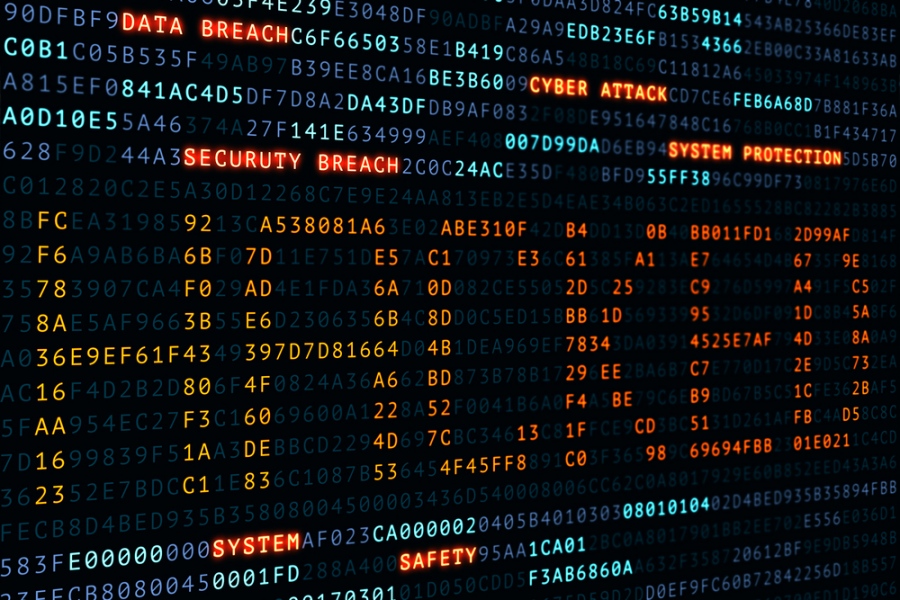Small businesses are constantly at risk of losing business to cyber-attacks. They are happening every minute of every day, leaving no one spared. As fast as technology continues to be renovated, the challenge of keeping up with the new threats and securing the proper defenses grows. Companies both large and small fall victim to cyber-attacks daily – in fact, it was discovered that the number of cyber-attacks doubled in 2017 (nearly 160,000 attacks) from 82,000 in 2016. These were primarily driven by ransomware and many new methods of cyber-attacking.
Although all companies face the same level of risk, they do not all incur the same costs. Small-to-medium enterprises and businesses, also known as SMEs and SMBs, respectively, are at a much higher risk for long-lasting financial damage than other companies. This is because they simply do not have the opportunity to create a stable foundation onto which they can fall in case anything drastic ever happens to their business.
According to the small business cyber security firm Coronet, 60% of SMBs that were victims of cyber-attacks were unable to recover from the financial damage and had to shut down all business activity within 6 months after the attack. Only 14% of businesses are prepared to defend themselves against such threats – still, the average cost of recovery is $200,000. We know that the financial burden is far too much to bear, but what are some other reasons as to why businesses endure devastation after a cyber-attack?
-
Inability to Afford IT Staff
Having a strong IT department is key to the maintenance of all cyber activity that occurs within your business. For full, reliable protection, however, companies typically need to purchase several security systems. This is especially important for companies that operate under Bring Your Own Device (BYOD) policies and use cloud-based storage and communication systems. Multiple security systems protect all points of entry into the company network. The primary components protected by IT include:
- User identity
- Device used to connect to the network
- Company network
- Cloud services
Not only do these security measures need to be provided, but they also need to be regularly maintained and monitored, another key role of an IT department.
-
Lack of Cybersecurity Training
If your employees are unaware of how their behavior on the network can affect your business, they are likely to mistakenly play a role in compromising your business’ cybersecurity. Defenses against cyber attacks are evolving as rapidly as the attacks themselves, so you must keep your team up-to-date on techniques for keeping their devices and your network safe.
-
Ransomware as a Form of Cyber Attack
Ransomware is a particularly difficult form of cyber-attack to shield a business from, as it is so thoroughly disguised – especially in the form of emails. It was found that nearly 64% of malicious emails sent in only the 3rd quarter of 2017 used ransomware. That same year it was determined to be the fastest-growing threat to cybersecurity, often ending in tragedy for the businesses affected.
-
A Bad Reputation
If ever a business fails to keep its customers safe, it will face long-lasting consequences. Customers trust their providers – regardless of the industry – to keep their personal information safe. Not only for their own reasoning, but also because it is the law. When their data is stolen, lost, or otherwise compromised, even if it is not the fault of the company itself, there can be serious repercussions that drive business down for good.
Remaining aware of the risks associated with cyber-attacks for your small business will enable you to properly prepare and defend your company from potential demise. Keep your team up-to-date on the risks of operating within your company network and hire a strong IT team for your best defense.


